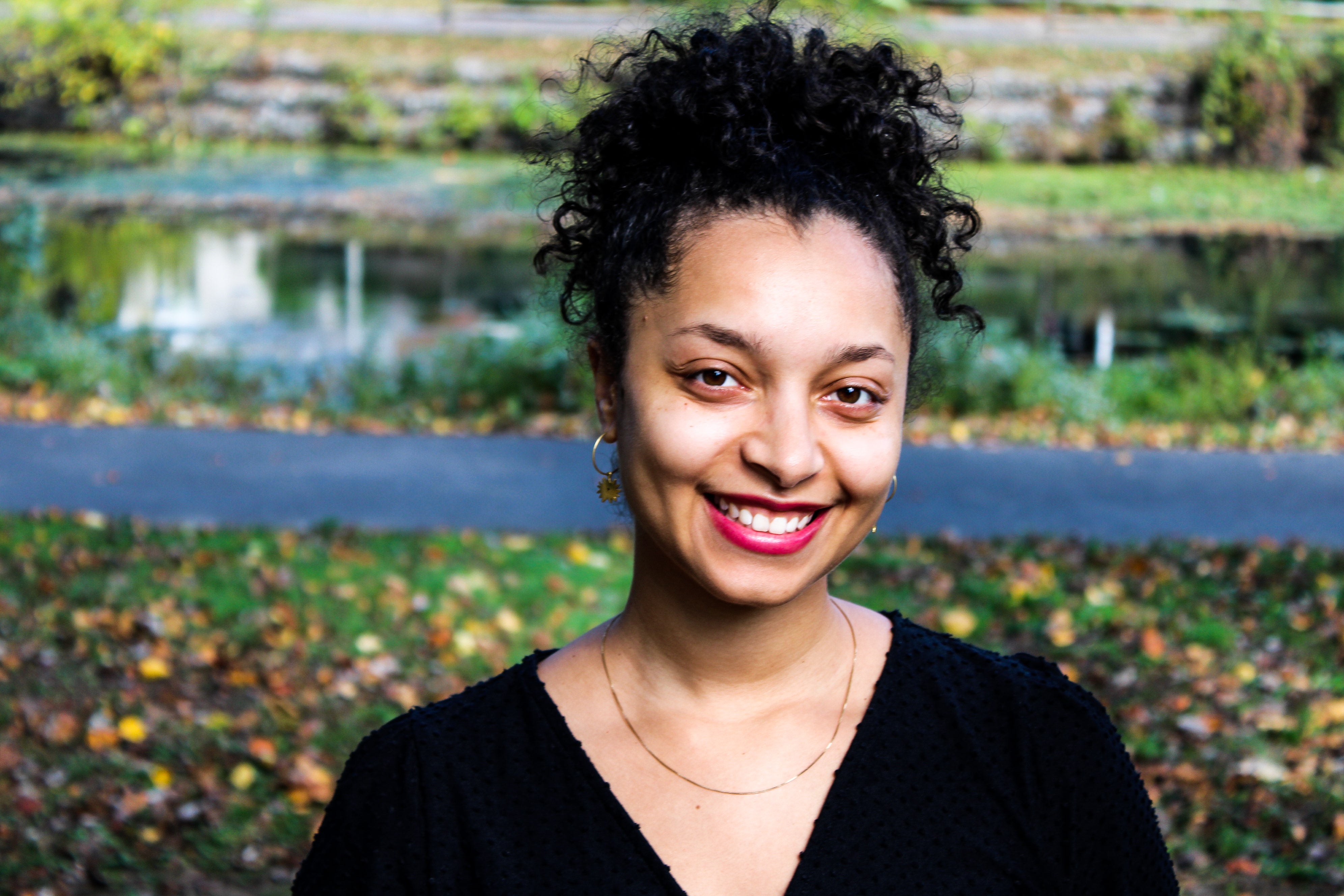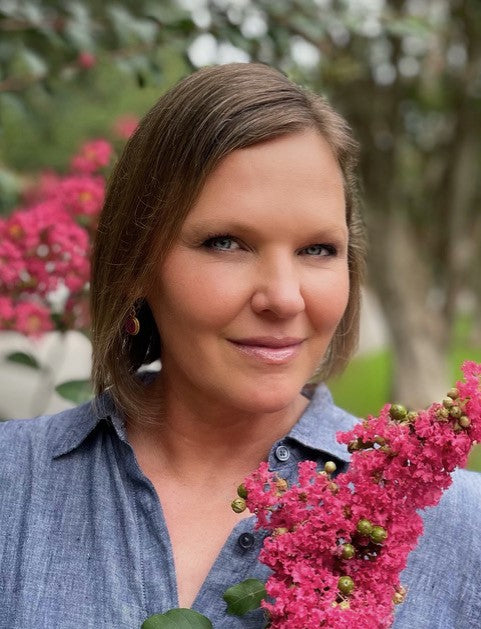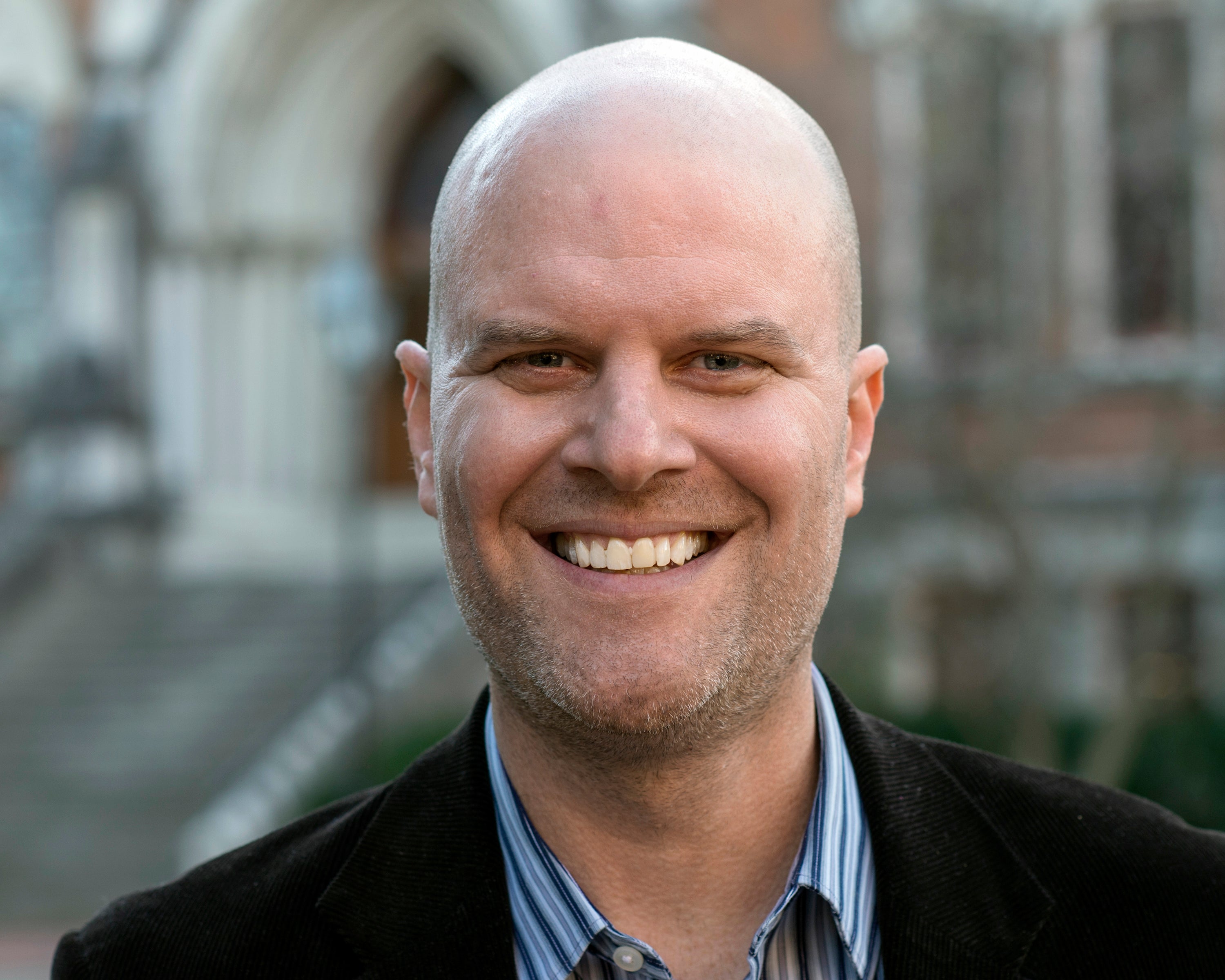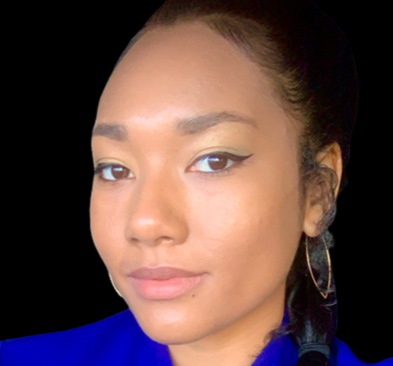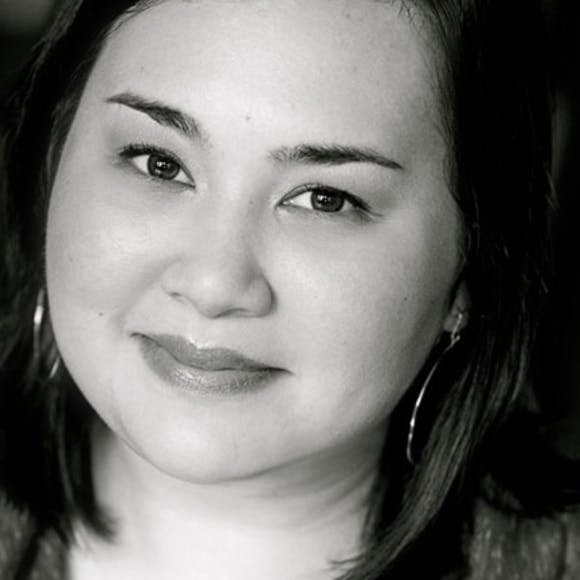Book: The Rocket Years

Photos by Felix Rust
Author: Elizabeth Segran
Author Bio:
1. When did the concept for “The Rocket Years” begin to develop within your mind?
I woke up one day at the age of 34 to realize that, while I wasn't paying attention, my life had taken shape: I had gotten married, had a baby, and started my dream job as a magazine journalist. It felt so strange given that just a few years before, in my twenties, life had felt so fluid and full of possibilities.
I love the life I now have, but I found it strange that I couldn't pinpoint the exact decisions I had made to create it. This revelation launched me on a two-year-long journey exploring the big decisions we make in our twenties and how they play out throughout our lives.
2. Why do you think “The Rocket Years” is such a needed and necessary book for today’s current times?
Right now, the world feels incredibly chaotic. Many of us are worried that the coronavirus pandemic and the economic recession will derail our futures. I think ‘The Rocket Years’ is particularly relevant for this moment because I spend a lot of time thinking through the idea of chaos in the book.
Our twenties are a particularly turbulent time; life tends to throw us curveballs in those years. But I argue that moments of chaos are often also moments of clarity: They teach us about who we are and what the world is like. I believe this is particularly true right now. The chaos we're all experiencing can be incredibly clarifying, forcing us to realize what really matters to us.
We're living through a difficult moment in history, but we will eventually get through it. Let's file away what we learn now, so we'll have a renewed sense of purpose and direction on the other side.
3. What was it like for you to write this book?
It was intense! I wrote ‘The Rocket Years’ as a new mom and I also had a full-time job as a staff writer at Fast Company magazine. I found small pockets of time in the early morning and over the weekend to write. And I found this was actually a great cure for writer's block! My brain simply had no time to waste.
4. How do you think your childhood and upbringing ultimately affected your twenties? Also, what were some key character shifts you made in your twenties that shaped you into the woman you are currently?
I am an only child and I was incredibly close to my parents growing up, particularly my father. I think one of the biggest shifts I made in those years was learning how to be happy on my own.
In my early twenties, I tended to be very codependent in my romantic relationships, perhaps because I was used to being so close to my parents. It was only when I made the deliberate decision to spend months alone, traveling through India and Indonesia, that I learned that I could be content without anyone else, and counterintuitively, this helped me become a better partner in my marriage.
5. Many people believe that your twenties move in stages; your early twenties, your mid-twenties, and your late twenties. How should twenty-somethings’ approach to life evolve throughout these stages?
There is no one right path through your twenties. There are no universal milestones everybody should strive to achieve. The most important thing you can do in your twenties is to figure out who you really are and what you want from life so that you can create your own personal itinerary to get there.
Through the twists and turns of this decade, you'll learn more about the kind of work that makes you happy and the kind of family you want to create. It takes time to figure all of this out, so be patient with yourself. The best thing you can do is file away what you learn from each new experience you have so you can figure out what path to choose when you're confronted with an important decision.
6. As the social media generation, Post Y2K babies, enter into their twenties, how do you think their experiences will be any different than that of past generations? Do you expect their anxiety and expectations to be amplified due to them coming of age in a time where so much value has been put into their digital personalities and their number of likes and followers?
In some ways, I think Gen Z has a healthier relationship with technology and social media than my own generation, the millennials. For us, these were new tools and we were focused on creating these picture-perfect online identities.
Younger generations appear to be better able to see through the artifice of social media. That doesn't mean it isn't a powerful force in their lives, but research shows that they are aware that this isn't reality.
I would say both millennials and Gen Z report feeling very lonely, perhaps because it is easier to build superficial relationships online than profound ones. This data is valuable because it encourages us to invest more time in deepening our friendships.
7. What was something you learned about yourself while writing, “The Rocket Years”?
I learned that I love writing so much that I sometimes get lost in it. After I finished writing it and had more time, I realized how much I missed spending open-ended, unhurried days with my family. I've also had the time to take up hobbies like knitting and baking, which have been so good for my mental health. This has been an important lesson for me! I need to actively work to create balance in my life.
8. Is there anything you’d go back and change about your twenties?
There were many times in my twenties when I felt lost and aimless. This usually involved me taking off for months at a time to backpack around Asia or Europe by myself or with a friend. Throughout these periods, part of me felt like I was wasting my life (along with my meager savings), which prevented me from enjoying whatever was in front of me.
I wish could go back and tell my twentysomething self that these experiences were so important because they allowed me to temporarily leave my reality back home and get some much-needed perspective about what I really wanted from life.
9. Some of the individuals that will ultimately and unfortunately be most affected by this current virus pandemic will be the people currently in their twenties. What are somethings that you laid out in your book that you think may be of substance for these individuals moving forward?
Yes. I know that the economic fallout of the pandemic is likely to affect twentysomethings more than other generations. It may take you longer than you'd like to find stable work and you may spend a few years job-hopping and taking gig work. But here's the good news. You have a long time horizon to find a satisfying career. Even in a good economy, it takes the average person about a decade to find their dream job.
So use this difficult period to learn as much as you can about what kind of work you enjoy and add new skills to your resume. When the economy does bounce back--and it will--you will be poised to snag a job you love.
10. What is the best book you have read so far in 2020?
I was busy writing last year, so I'm only now getting to the book Three Women by Lisa Taddeo. It's such a brilliant exploration of women's desire.
11. What’s your best advice for getting over writer’s block?
Pay close attention to when your brain is at its most productive. After years of writing for a living, I've discovered that I think most clearly and write most freely very early in the morning, at about 5:30 am. I have built my entire life around giving myself three or four hours in the morning to write. For you, it might be a completely different time of day. My advice is to work with your own cycles of creativity.
12. Do you plan on writing more books in the future?
Yes! I am currently tinkering with another idea. It's about how people have different relationships with time. But I think I am going to give myself a bit of a break before throwing myself back into another book.
__________________________
Are you ready to chart your course? 🚀My book, The Rocket Years: How Your Twenties Launch The Rest of Your Life, launched on March 31, 2020, from HarperCollins. Here's a sneak peek: www.therocketyears.com
Places To Find More From This Author:
Instagram: @LizSegran
Linkedin: Elizabeth Segran
Facebook: TheRocketYears
Website: www.therocketyears.com


